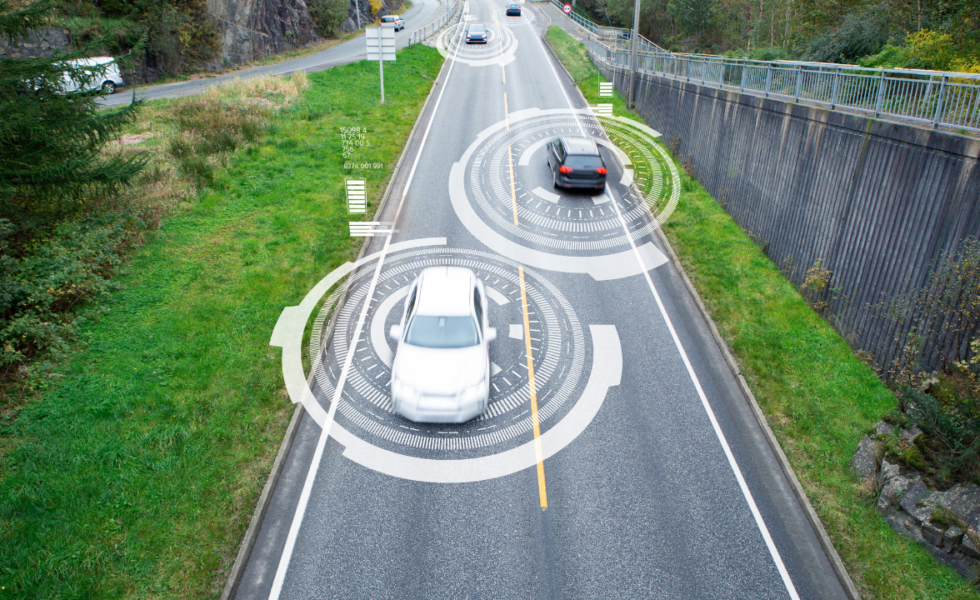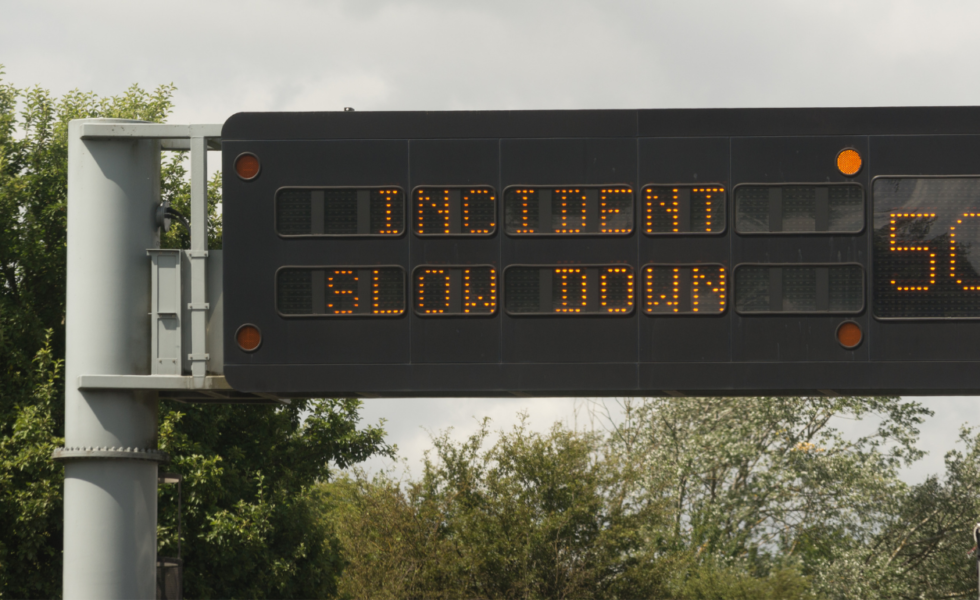Inappropriate lane changes are responsible for one-tenth of all accidents, due to human drivers’ inaccurate estimation and prediction of the surrounding traffic, illegal maneuver, and inefficient driving skill. Autonomous lane changing is regarded as a solution to reduce these human errors. At present, there are many obstacles to developing automated lane-changing technology, including interactions between vehicles, complex routing choice, and interactions between vehicles and the environment. Building on our prior work on lane keeping and lane changing, this collaborative research project aims to take a significant step forward to develop innovative solutions for autonomous lane change maneuvers.










